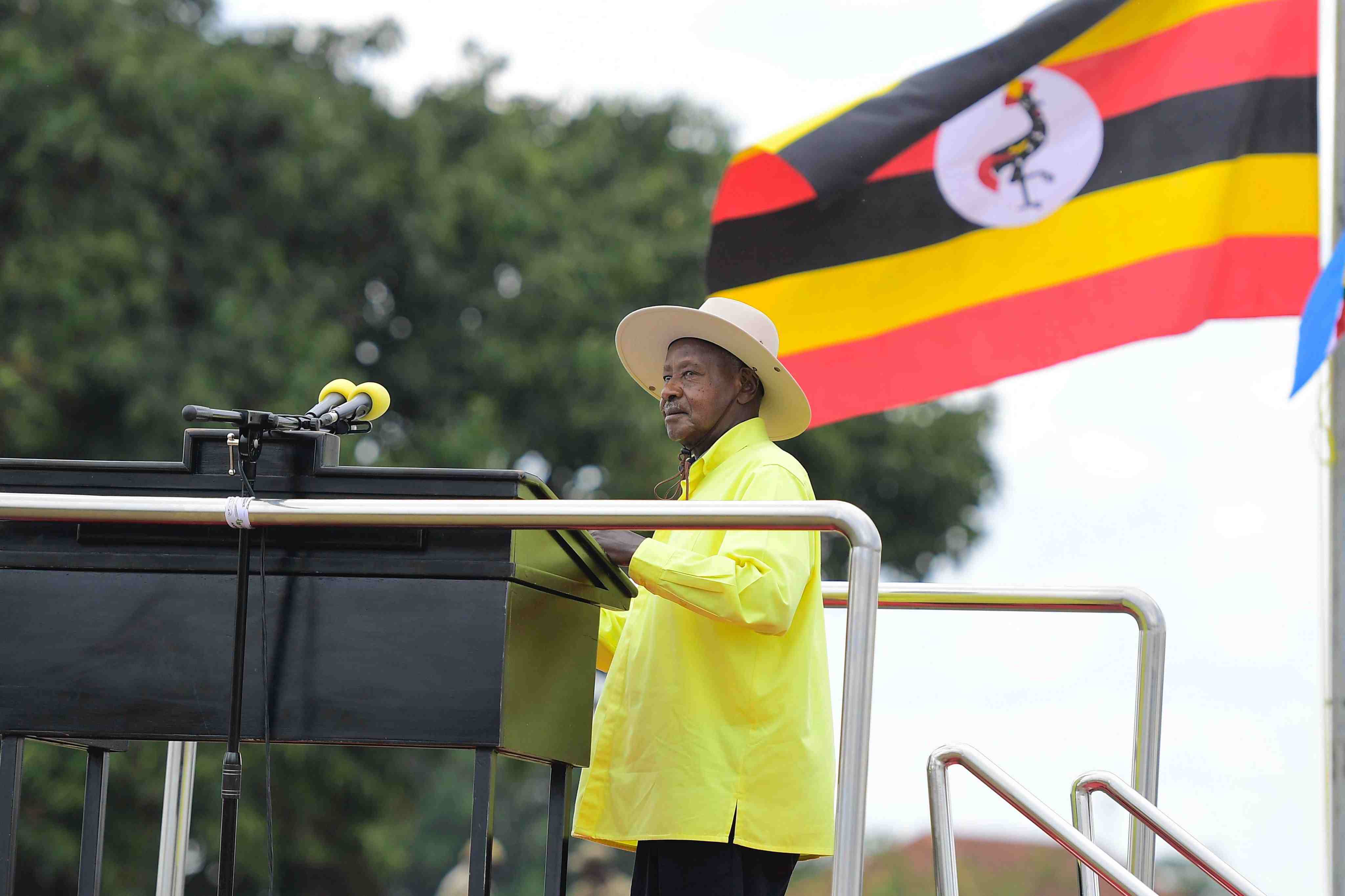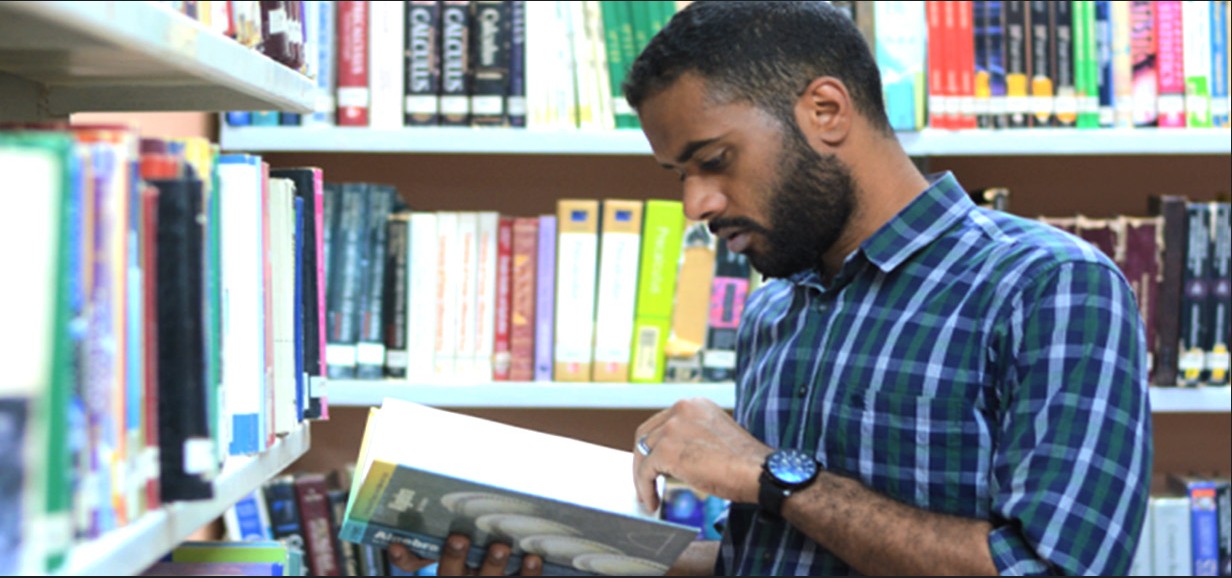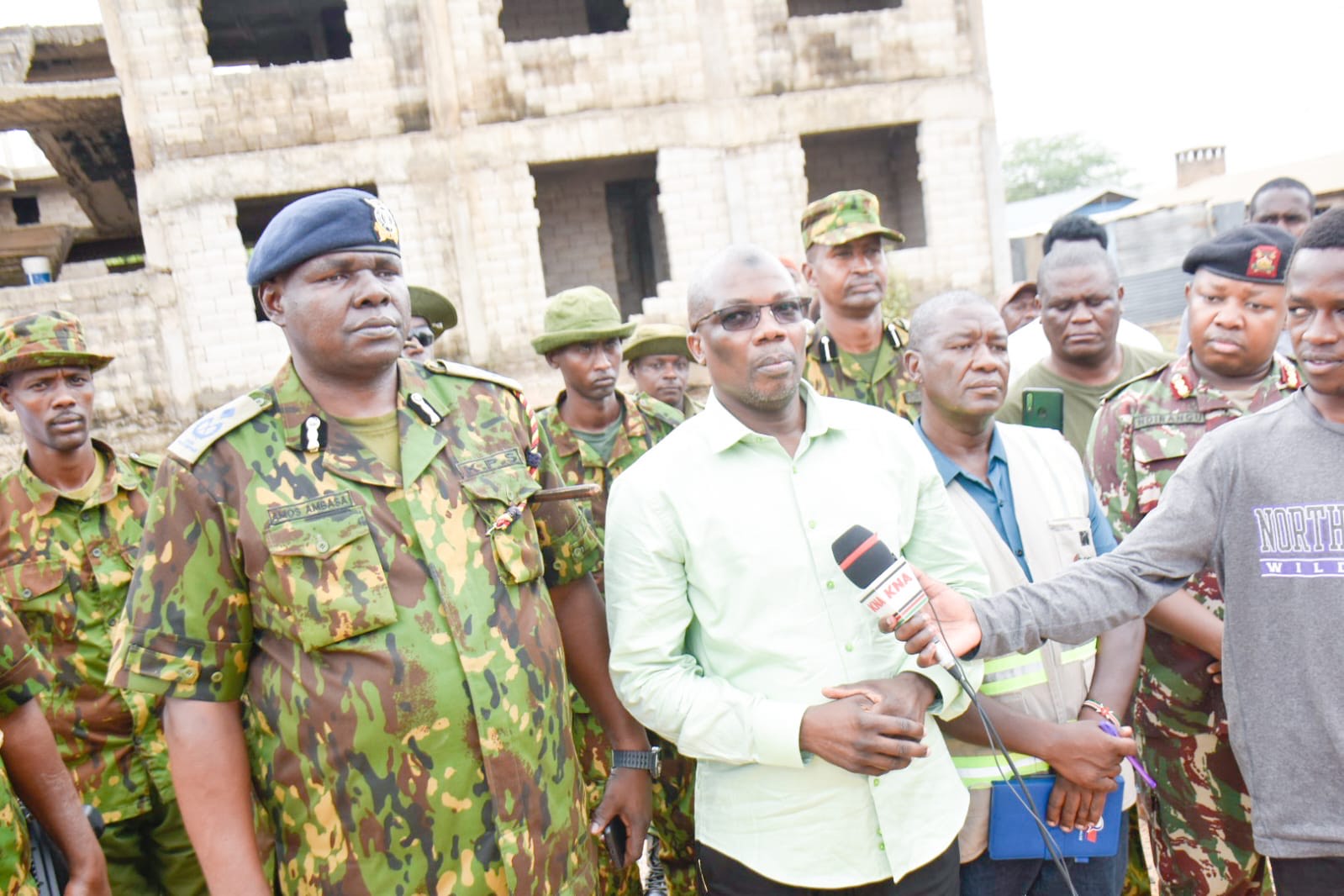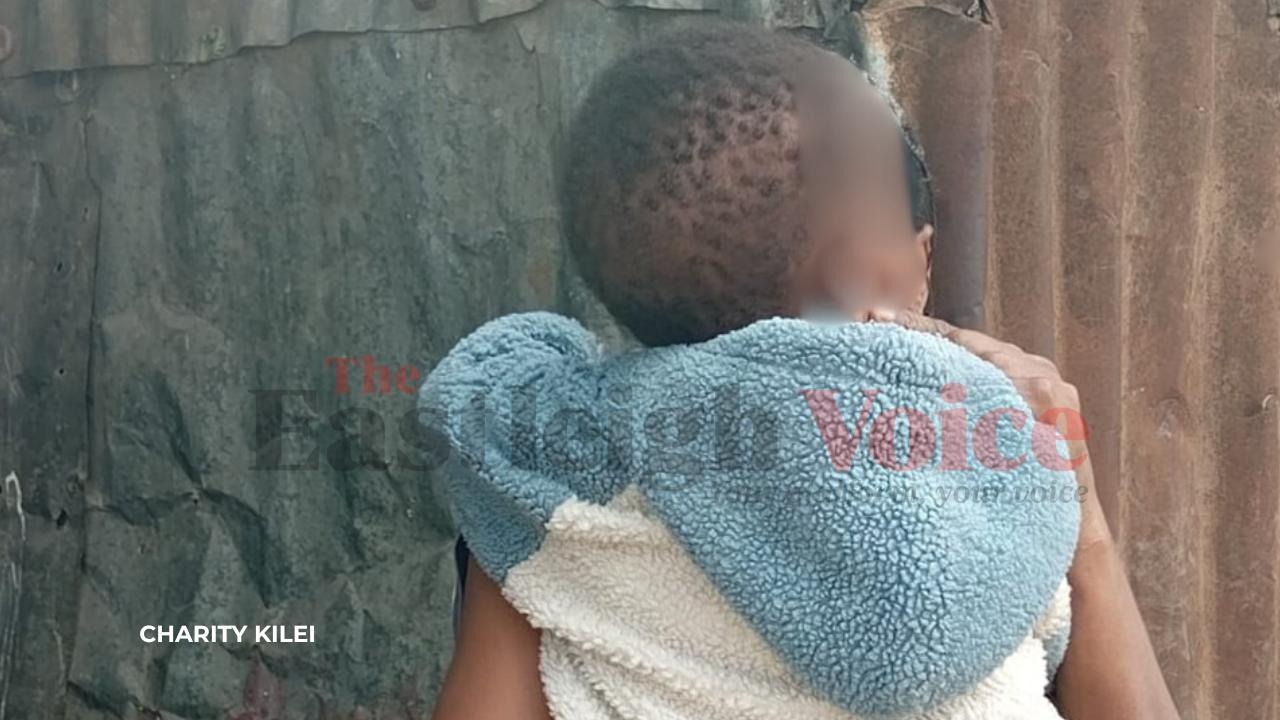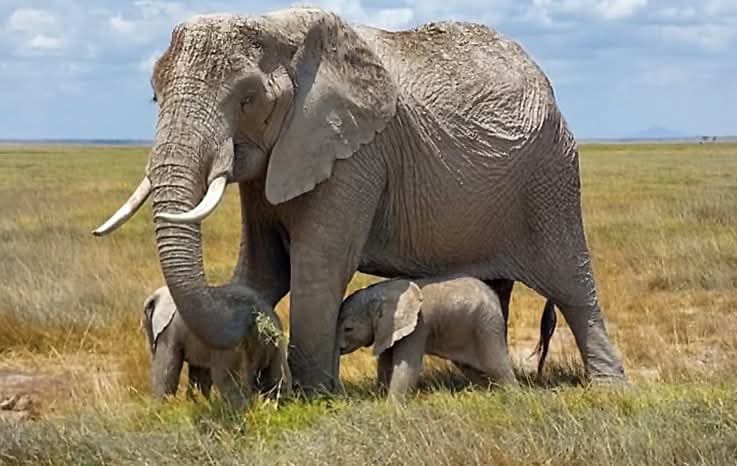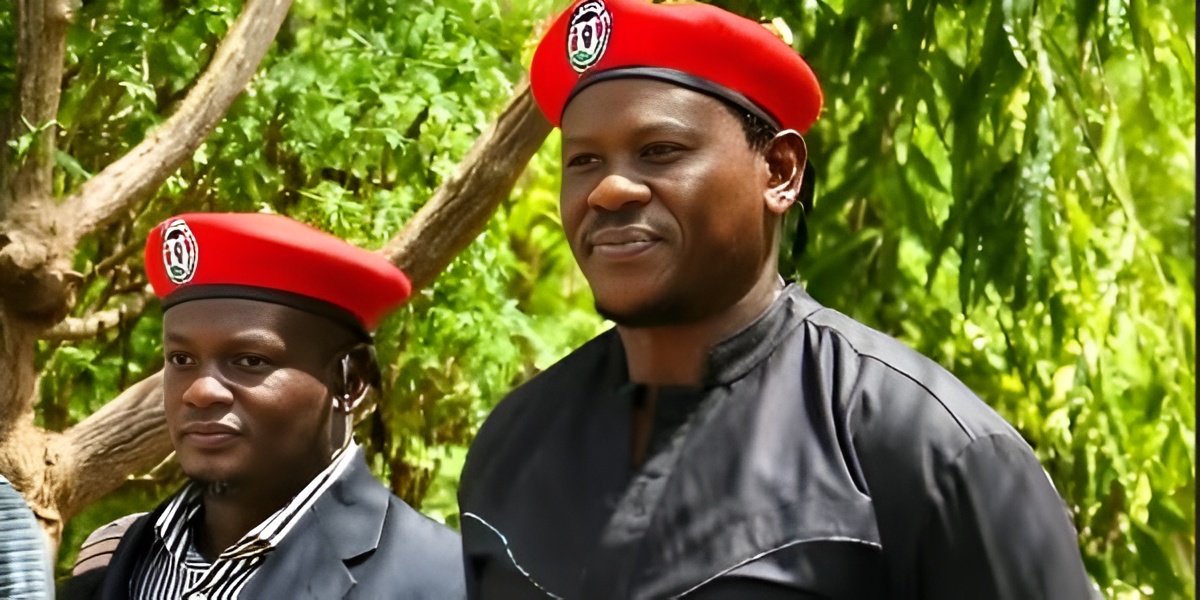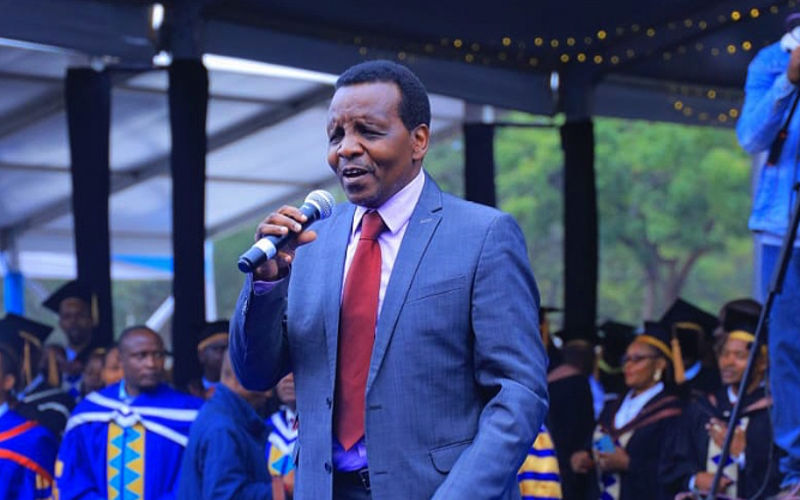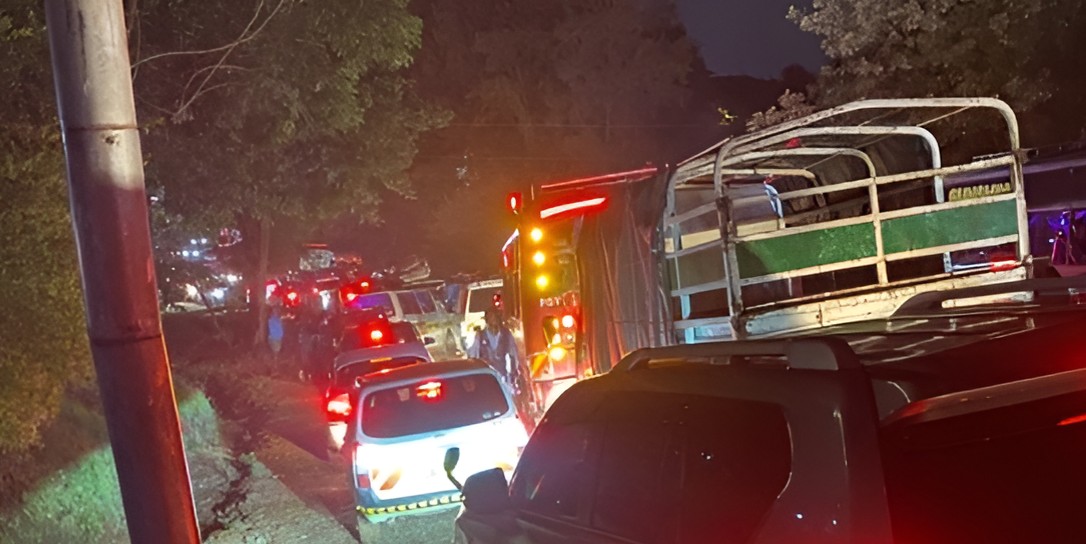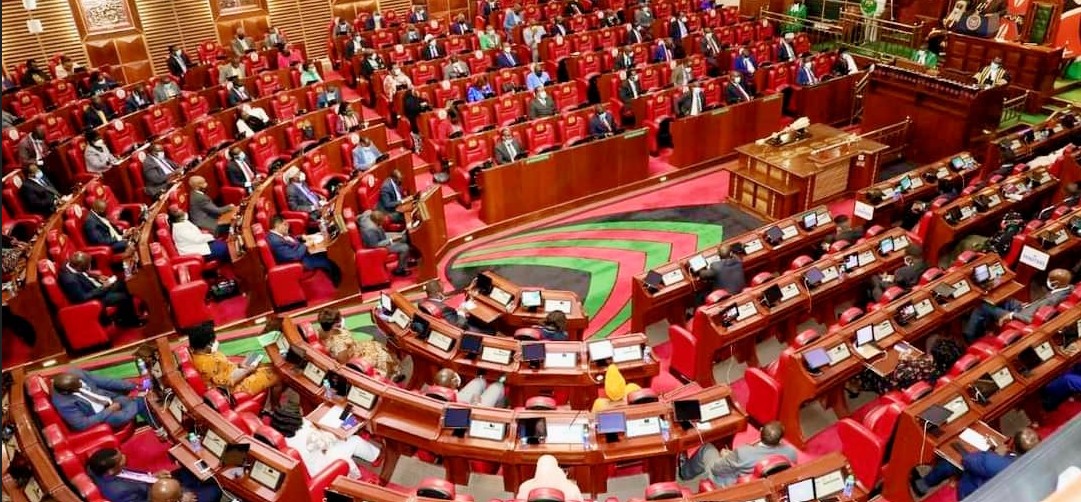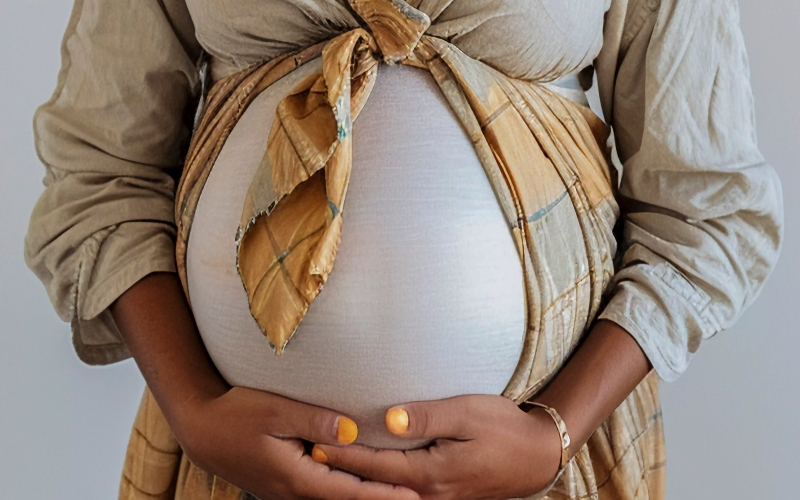Somalia ramps up fight against polio to eliminate repeat outbreaks
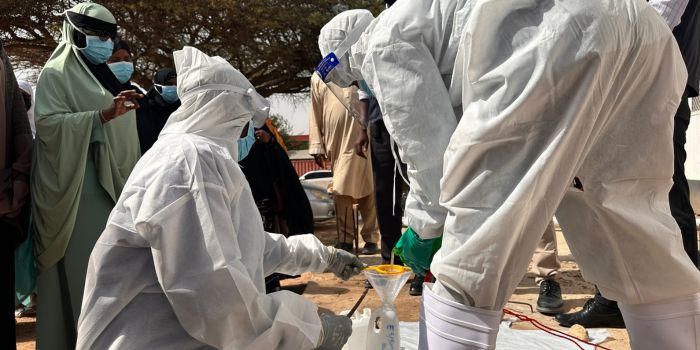
This persistent health crisis has had a devastating impact on the nation, with UNICEF reporting that it has left 38 children paralysed.
For nearly seven years, Somalia has grappled with a relentless outbreak of the poliovirus, marking the longest-running struggle of its kind in recent history.
This persistent health crisis has had a devastating impact on the nation, with UNICEF reporting that it has left 38 children paralysed.
More To Read
- Kenya launches new polio lab to boost regional virus surveillance
- Somalia officially recognises SSC-Khatumo as 6th federal member state in historic unity move
- Somalia approves visa-free entry deal with Egypt for diplomatic passport holders
- Explainer: Intrigues surrounding Prime Minister Hamza Abdi Barre’s planned historic visit to Las Anod
- PM Hamza Abdi Barre: Somalia’s defence is stronger and more prepared than ever
- WHO proposing to cut jobs and slash budget by a fifth, memo shows
In response to this crisis, the World Health Organization (WHO) has trained District Polio Officers and District EPI Officers from Hargeisia, Burao, and Borama districts in polio environmental surveillance. The EPI is the Expanded Program on Immunization.
According to WHO Somalia, the training on Thursday aimed to improve the environmental surveillance sample collection capacities, emphasising strict adherence to sampling protocols as essential for enhancing surveillance sensitivity.
"As part of the training, participants collected samples from designated sites according to established standards," WHO Somalia wrote on its X page.
The success of ES in detecting poliovirus circulation relies on the nature of the sewage network, the suitability of the sampling site, and the quality of sample handling and laboratory processing. pic.twitter.com/nlTKRenVkk
— WHO Somalia (@WHOSom) July 4, 2024
Additionally, Somalia's Prime Minister, Hamza Abdi Barre, has launched the Somalia Immunization and Polio Eradication Task Force, urging swift action to end vaccine-preventable disease outbreaks.
At the event on June 29, at which he also launched the Child Survival Forum, the PM reiterated his government’s commitment to stopping polio transmission by strongly supporting eradication and routine immunisation activities across the country.
He termed the establishment of the task force "a testament to my government’s commitment to this cause", noting a commitment to "mobilising support for the implementation of the Somalia Emergency Action Plan, including working closely with the Federal Member States of Somalia and neighbouring countries to stop cross-border transmission."
Polio has circulated in Somalia for 7yrs and the country has one of the highest child mortality rates globally. On June 29, 2024, Prime Minister @HamzaAbdiBarre launched the National Immunization & Polio Task Force, which he will lead, & the Child Survival Forum. #Humanlypossible pic.twitter.com/B3PlmnVbIV
— UNICEF Somalia (@unicefsomalia) July 3, 2024
Despite robust immunisation efforts, some areas have experienced inadequate coverage, leaving many children without the necessary protection against polio.
South-central Somalia, in particular, is one of seven regions identified by the Global Polio Eradication Initiative as high-risk geographies for being prone to repeat outbreaks, which are difficult to control due to overpopulation, fragile health systems, and conflict.
Addressing the launch virtually, WHO's Regional Director for the Eastern Mediterranean, Hanan Balkhy, appreciated the commitment of the Somalia PM and Health ministry to addressing critical health challenges affecting children.
"This high-level forum will play a crucial role in safeguarding over 1.5 million children who have never received life-saving vaccines and ending the prolonged outbreak of variant poliovirus," she said.
"With 77,000 children in Somalia dying annually before reaching their fifth birthday, and with an urgent need for accelerated progress to reduce these deaths, the government has assumed much-needed leadership."
Balkhy further highlighted Somalia's introduction of pneumococcal and rotavirus vaccines in 2024 to prevent deaths from pneumonia and diarrhoea, the leading causes of child mortality.
The Prime Minister of Somalia, His Excellency Mr Hamza Abdi Barre, launched a national task force on immunization & polio & a related forum on 29 June 2024. A landmark step to accelerate progress towards accelerating immunization coverage & ending polio https://t.co/XY2YjXQ8fb pic.twitter.com/6rlW0vmvlR
— WHO Somalia (@WHOSom) July 1, 2024
Since 2021, Somalia has confirmed 16 cases of polio, all in the south-central region. An estimated 1.5 million children have never been vaccinated and the country is one of five globally with an under-five mortality rate greater than 100 deaths per 1,000 live births.
Without intensified efforts, Somalia is unlikely to meet its 2030 Sustainable Development Goal target of no more than 25 deaths per 1,000 live births.
According to the WHO, polio is an extremely contagious disease caused by a virus that targets the nervous system, leading to total paralysis within hours. The virus primarily spreads from person to person through the fecal-oral route, though it can also be transmitted through contaminated water or food. Once inside the body, it multiplies in the intestines.
Polio's initial symptoms include fever, fatigue, headache, vomiting, neck stiffness, and limb pain. In severe cases, one in 200 infections results in irreversible paralysis, usually in the legs. Of those who become paralysed, 5-10 per cent die when the virus affects the muscles necessary for breathing.
Polio predominantly affects children under five years old, but anyone unvaccinated, regardless of age, is at risk of contracting the disease.
Despite this remarkable progress, the presence of polio in even a single child poses a risk to children worldwide. Failure to eliminate the virus from its last remaining strongholds could lead to a global resurgence of the disease.
The global effort to combat polio has also strengthened the ability to address other infectious diseases in many countries by building robust surveillance and immunisation systems.
Top Stories Today
